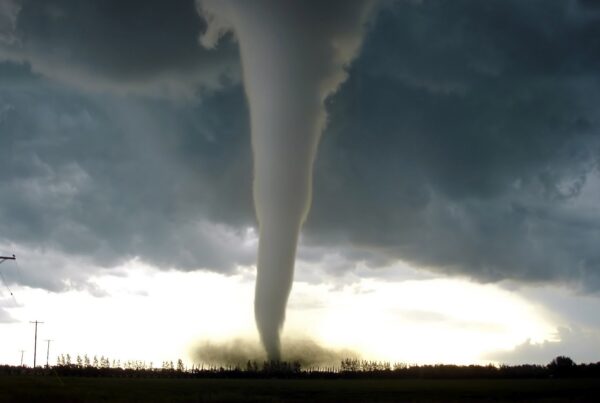Conversations with folks whose living is tied directly to the real estate market continue to reveal a weak economic picture for many. The picture is not as bleak as it was, but those in the industry indicate to a great degree they are “just getting by.”
Recently the New York Times reported, “Construction starts on residential buildings declined in June to the lowest level since October (2009)… as the sector struggles with a tepid recovery and the end of a government tax credit. “
Some of the biggest contributors to the decline came from the condo and apartment market, which found itself in a 20% slide. The article further indicated that, “(the decline) reflects what builders are thinking about the housing market,” said Patrick Newport, an economist with IHS Global Insight. Referring to the June figures, he said, “They just don’t think they are going to sell many homes, and for good reason.”
The median time to sell a home in the United States has crept up to about 14 months, he said. “We need to start creating more jobs,” Mr. Newport said. A better jobs market would generate demand and get construction back on track.
Another issue facing new construction concerns the glut of foreclosed homes in many parts of the country. These represent low priced houses that will directly compete with any new construction, and even with existing homes that might offer better conditions or more amenities.
Many households are suffering financial distress due to labor market weaknesses. Where such conditions prevail, home sales will be seriously affected. Where those conditions occur, building inspection engineers may find themselves with insufficient work. Some economists see little reason for improvement for at least the next few quarters.
Such economic realities make it imperative to be as creative as possible in finding opportunities. A diverse engineering practice can be the key to weathering such storms. Unfortunately one down side to such conditions is that they affect many, and often times getting work means reducing fees in the face of stronger competition. Fee adjustments need to be part of an overall business plan for your practice, but I can see that inspection fees in the eastern Long Island area appear to be sliding in the face of few sales and a large number of hungry inspectors.
Before changing my major to engineering, I spent about two years as an economics major in college. I also further studied as finance major in graduate business school. With some decent training in economics and finance I still have great difficulty in fully understanding the situation we are in today. But it is abundantly clear that things that drove our economy for much of my adult life no longer have the impact to continue that robust growth. Given the fact that we are now nearly three years into the problem, we must all take a good hard look at our engineering practices and decide how to restructure our services in a way that can sustain us. Perhaps engineering diversity needs to be enhanced with further professional diversity: skills outside that of engineering, but related to it.
There are no good answers or solutions at this point. NABIE remains open to exploring opportunities for our members, and directly solicits our members for ideas on what we all can do to supplement, expand, and diversity our inspection engineering efforts to ensure our survival.
*This article had been posted in the Summer 2010 edition of The Examiner.


